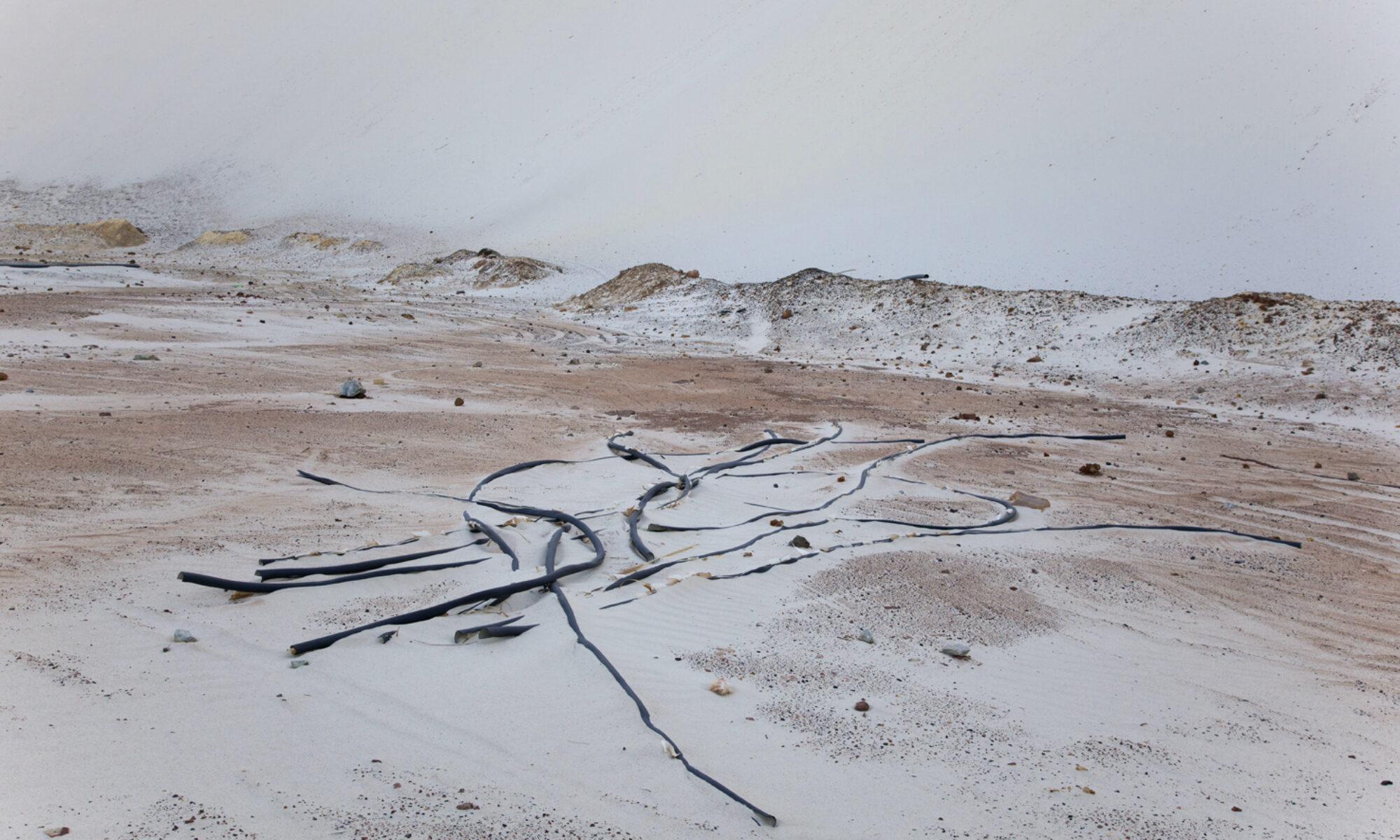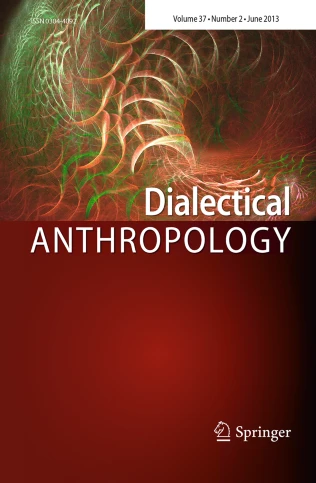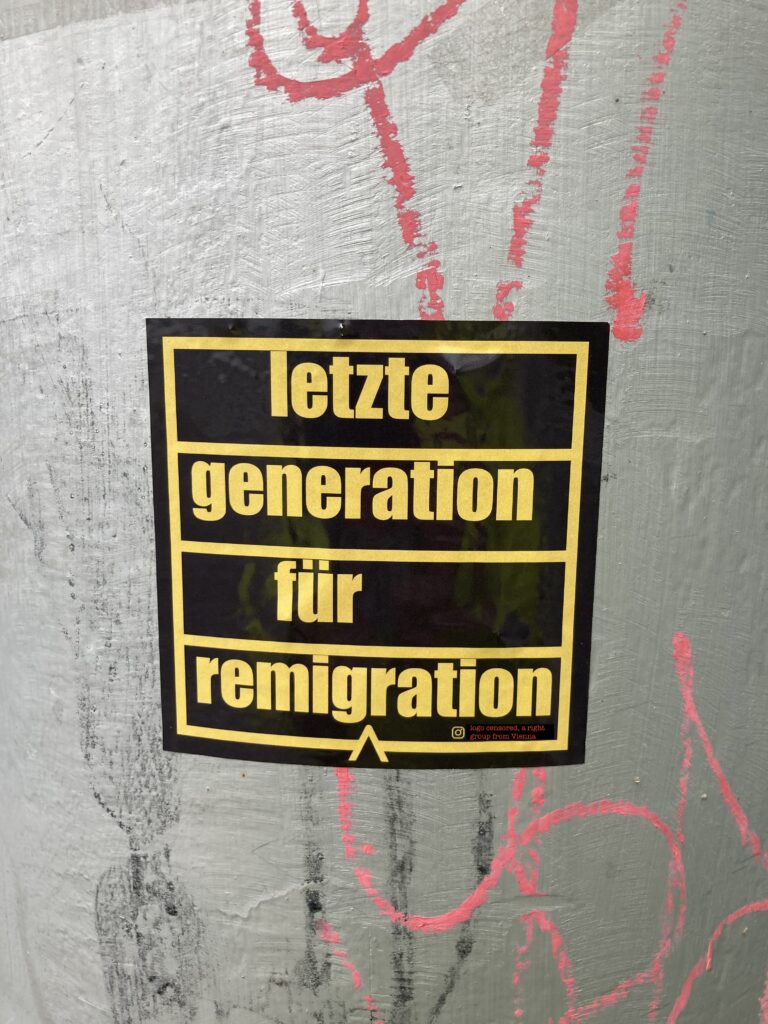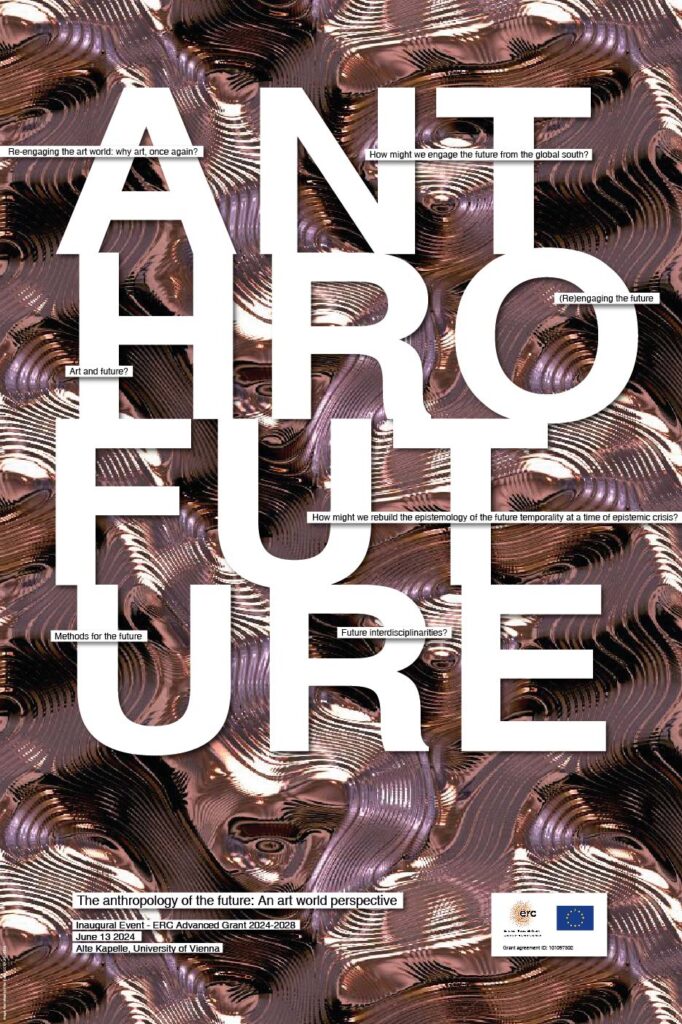On February 19, 2021, eighteen days after Myanmar’s military seized power in a coup, a group clad in black dropped a banner from an overpass in Yangon, which had been engulfed in strikes, demonstrations, and blockades after the coup. The banner read: hnaung kyo: hmá t’ba: sone: shone: saya ma’ shi. The slogan is a translation of the phrase from the Communist Manifesto, “Nothing to lose but our chains.” The banner is faithful to the Burmese translation of the Manifesto, which we owe to the Communist Party of Burma (CPB), itself founded in 1939 in the throes of anti-colonial revolution.1 But meanings can shift in the process of translation, circulation, and (re)interpretation over time. One blogger rightly described the Burmese slogan’s literal meaning as “Nothing to lose but our strings of attachment.”
Aung, Geoffrey Rathgeb. 2024. “A Revolutionary Present”, In “Back to the Present” edited by Timothy P.A. Cooper, Michael Edwards & Nikita Simpson, American Ethnologist website, January 26 2024,
read full article here:








